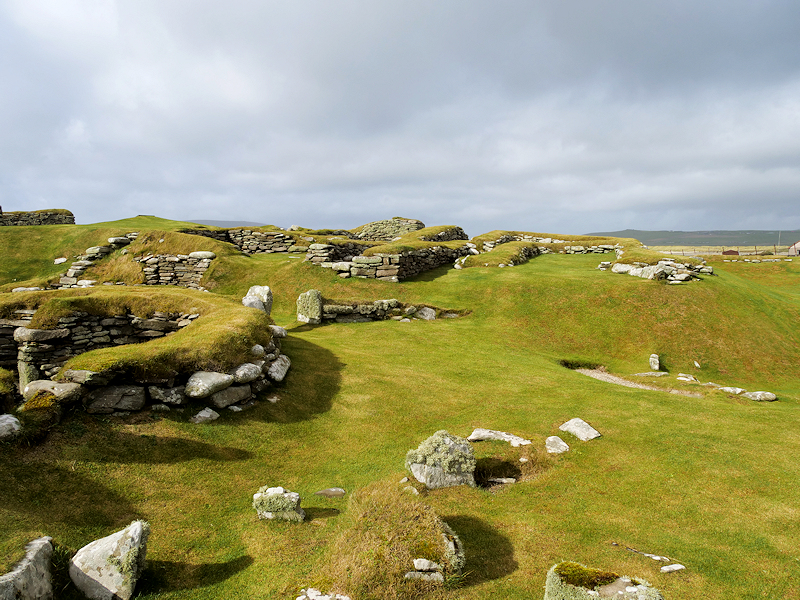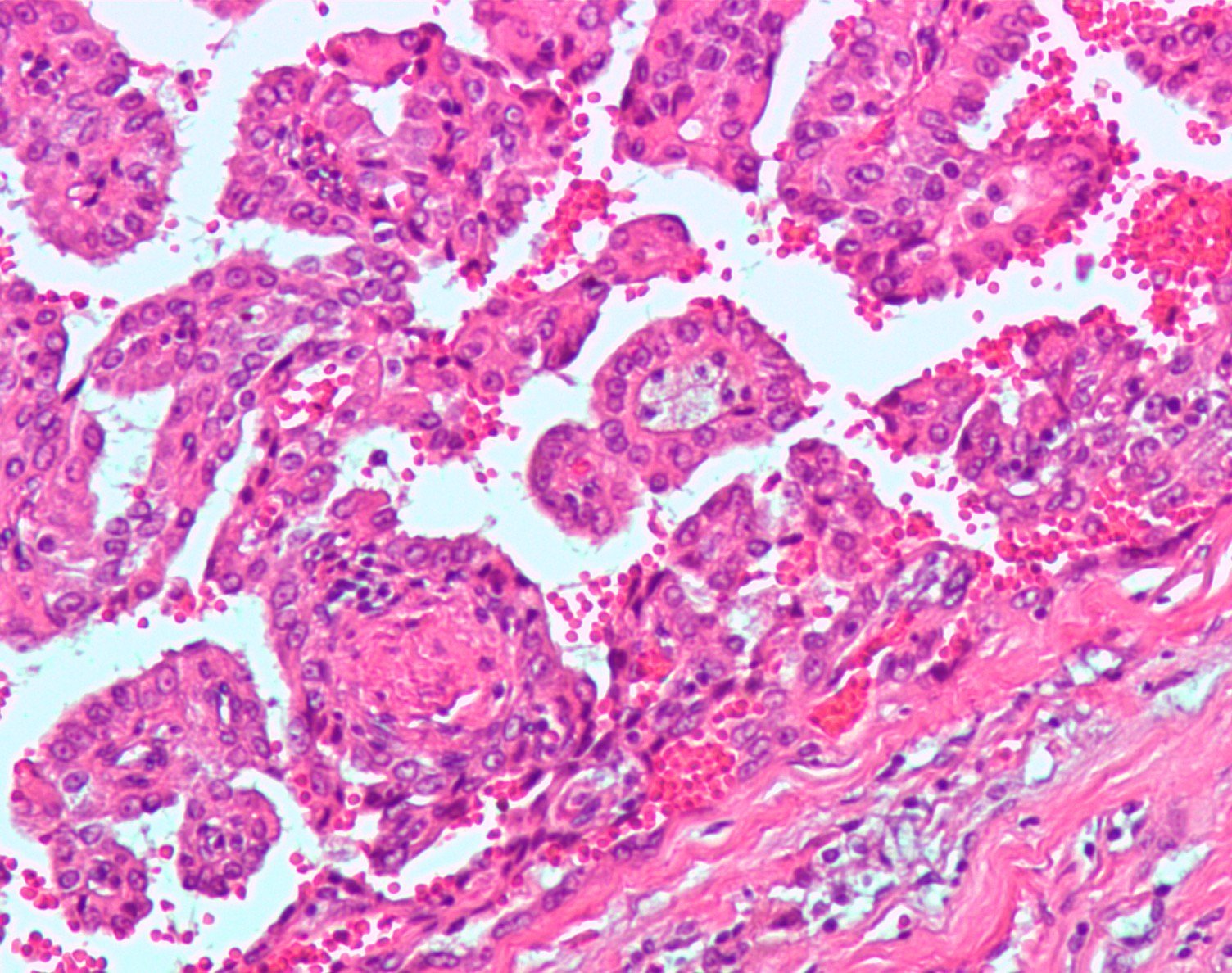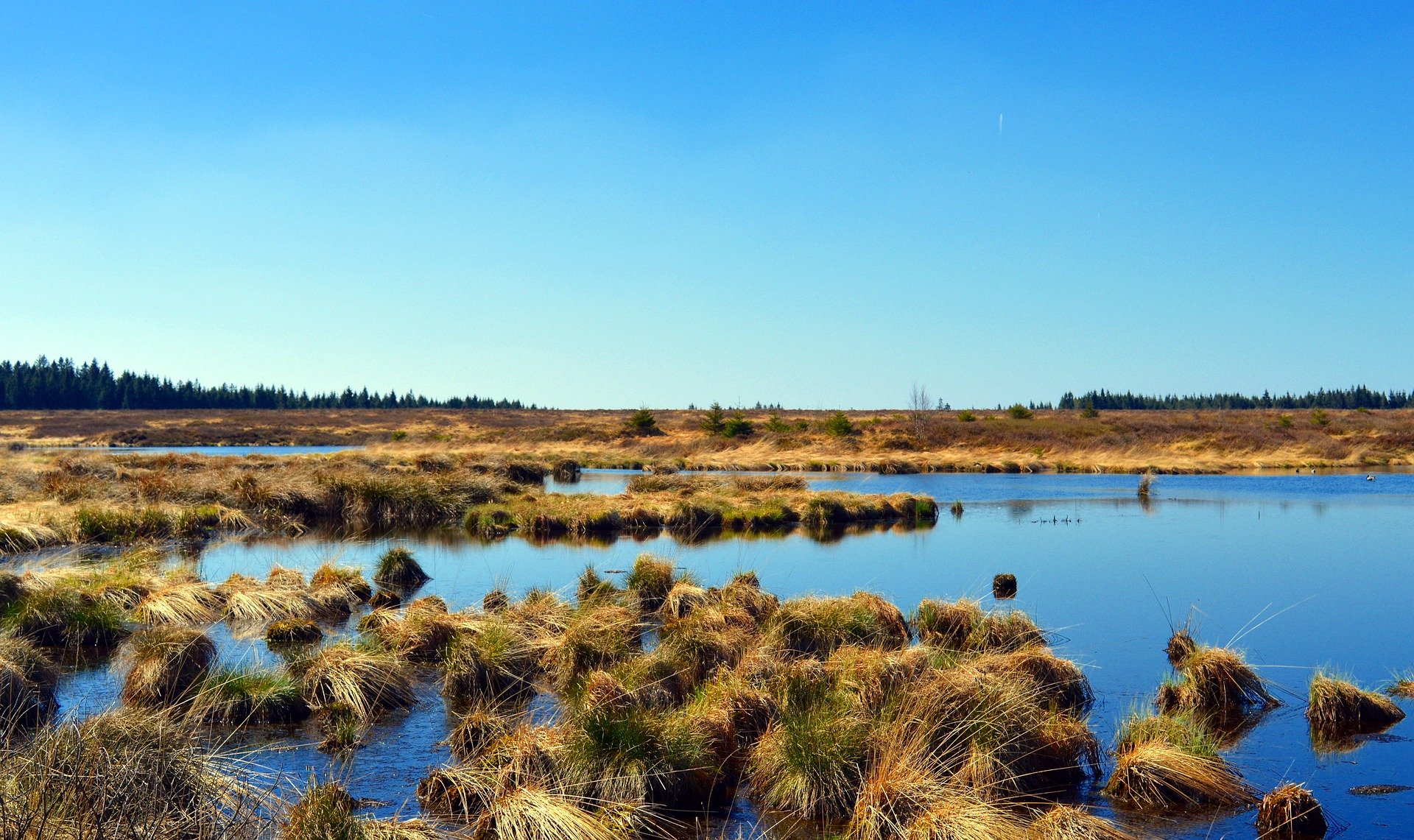Genetically engineered animals offer fresh hope to heart valve patients
Scientists have cloned a genetically engineered bull which they hope will help heart valve transplant patients lead better quality lives and benefit people with red meat allergies. Every year, about 300,000 people worldwide receive a new heart valve. Whenever possible, doctors use valves made of tissue from cows or pigs, because the synthetic alternatives can … Read more






